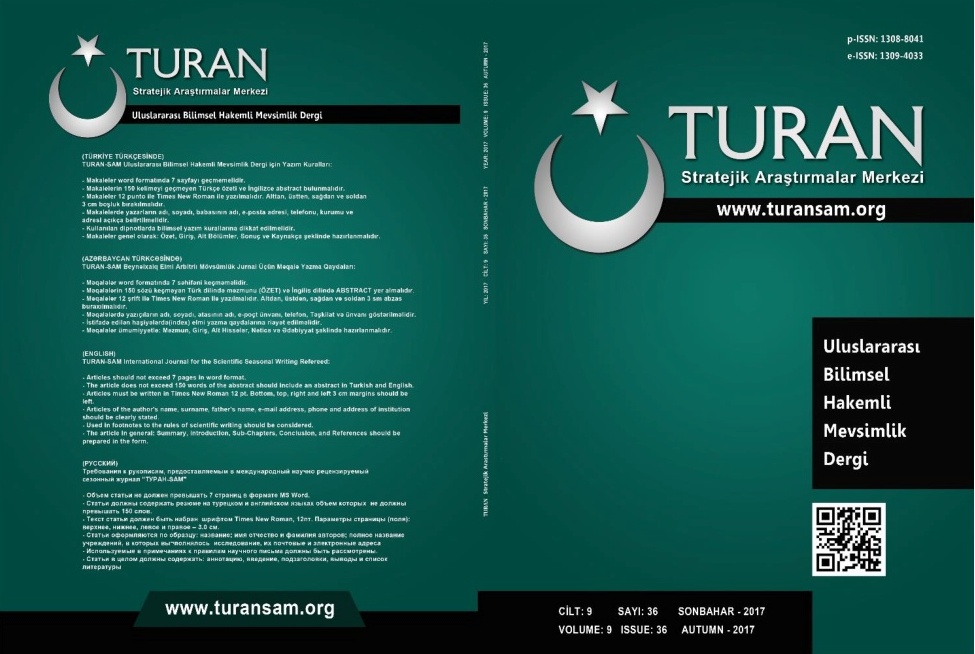Etnik Terörizm Ve Bulgaristan'da Etnik Gruplara Uygulanan Asimilasyon Politikaları
Ethnic Terrorism and Assimilation Policies Applied to Ethnic Groups in Bulgaria
Author(s): Hüseyin Kazan, Sevinç AslanSubject(s): Government/Political systems, Post-War period (1950 - 1989), Inter-Ethnic Relations
Published by: Sage Yayınları
Keywords: Ethnic Groups in Bulgaria; Assimilation Policies; Turkish People of Bulgaria; Regime of Jivkov; Ethnic Terrorism;
Summary/Abstract: Ethnic groups living in the Balkans have been systematically subjected to assimilation policies with exiles and by being forced to change religion and even names from the time of Balkan wars to present. The process of destroying the Ottoman, which began with Panslavism, was continued after the Second World War. In the period of the Cold War, which is also known as the bipolar world system, the Bulgarianization policies applied to ethnic groups by Bulgaria is one of the best examples of this process. During the regime of Todor Jivkov in Bulgaria, systematic assimilation policies have been applied to approximately ten ethnic groups including Pomak, Roman, Albanian and Vlach. The study titled "Ethnic terrorism and assimilation policies applied to ethnic groups in Bulgaria" discussed the assimilation policies applied to ethnic groups living in Bulgaria from 1950 to 1990. With the official reports given a place in the study, assimilation policies seem to have been implemented within the framework of state policy. The most important feature that distinguishes the study from similar studies is that it examines not only Turkish people and also the other ethnic groups within the framework of assimilation policies and it is mainly supported by official Bulgarian resources.
Journal: TURAN-SAM
- Issue Year: 9/2017
- Issue No: 36
- Page Range: 655-668
- Page Count: 14
- Language: Turkish

